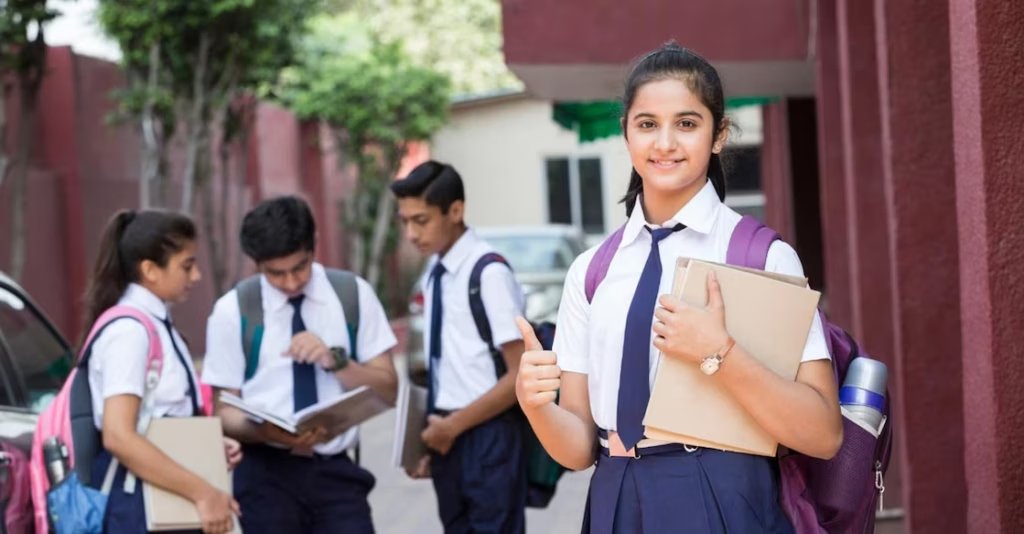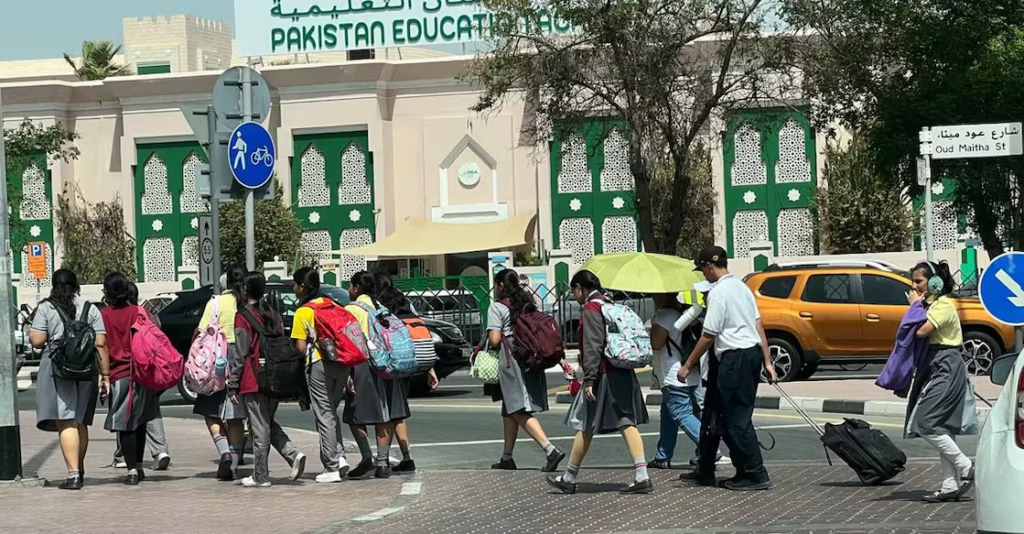Dubai – After a long summer break, schools across the UAE are set to reopen tomorrow, Monday, marking the beginning of the new academic year. Over one million students are expected to return to classrooms across public and private schools, with more than 50,000 new admissions joining for the first time.
This academic year introduces several key reforms, including the integration of Artificial Intelligence (AI) as a mandatory subject from Kindergarten to Grade 12 in public schools. Additionally, Arabic and Islamic Education have been made compulsory from nursery level onwards, signaling a major shift toward strengthening cultural and technological education from an early age.
Students will return to high-tech classrooms where teachers and staff have completed final preparations to welcome them. After the two-month break, educators are ready to re-engage students using interactive and creative methods. The new academic year will commence for most international and local curriculum schools, while Indian curriculum schools that began their academic year in April will now enter their second term.
To prepare for the new term, more than 23,000 teachers have undergone professional development programs organized by the Ministry of Education and various local education departments. The training sessions, totaling 170 hours, included 110 hours of dedicated workshops for teachers and special training for school principals, vice principals, and support staff. Many were able to attend virtually, enabling participation even from those currently abroad.

Key Highlights of the New Academic Year:
AI as a Core Subject:
UAE’s public school curriculum now includes AI as a standalone subject from KG to Grade 12. Topics include data and algorithms, software applications, opportunities and risks of AI, AI-based projects, and ethical policies for responsible use in society.

Mandatory Arabic & Islamic Education from Nursery:
All nurseries and private schools offering KG-level education must now include Arabic and Islamic Studies. A minimum of 4 hours per week (240 minutes) is allocated for Arabic classes, which will be increased to 5 hours (300 minutes) by the 2026–2027 academic year.
Custom curriculums have been developed for native and non-native Arabic speakers, using engaging methods such as songs, storytelling, and games.

Flexible Work Hours for Parents:
In a move to support families, the UAE government has announced flexible working hours for public sector employees starting tomorrow. Parents can avail up to three hours of flexibility to drop off and pick up their children from school. Parents of nursery and kindergarten students are allowed this benefit for up to one week, to help them adjust to new school routines. Approval from supervisors is required to use this facility.
The Ministry of Education has also urged school management and education departments to take necessary steps to improve learning outcomes and ensure the new generation is equipped with the skills needed for a rapidly evolving global landscape.
With major curriculum enhancements and tech-focused initiatives, the UAE education sector is stepping into a transformative academic year that aims to blend tradition with innovation.












